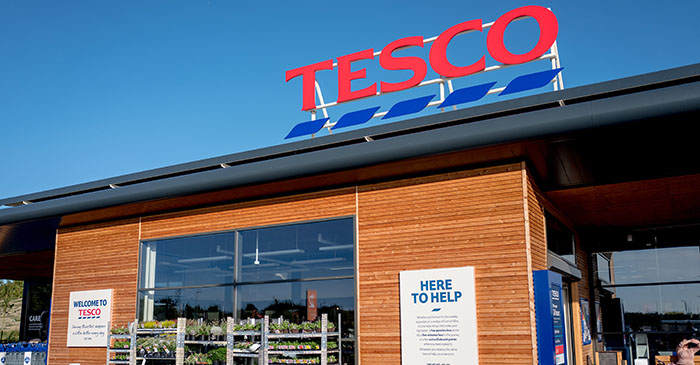Red Robin, our producer and industry insider, ponders how pig producers can keep pace with a rapidly changing retail and consumer landscape
I read on the BBC website today that Tesco is planning to reinvent a mothballed store as a discount store branded as Jack’s. Tesco, along with the other mainstream supermarkets, has been under pressure for a while, from the discounters Aldi and Lidl and it is seeking to redress the balance. As an industry, we have had some good support from the discounters in the past, but is this likely to be continued in this new venture?
Perhaps Jack’s is beginning to shed some light on Tesco’s £4 billion takeover of the wholesaler Booker, as analysts say Tesco is looking beyond the Aldi/Lidl model to more of a hybrid of a discounter and a cash and carry.
I will admit to the very occasional visit to a wholesaler and an idle glance around their meat section doesn’t exactly fill me with joy – I certainly don’t sense any particular commitment to British produce or clear country of origin labelling. Furthermore, the same BBC article reports that consumers’ positive move to the discounters shows they are willing to put up with less product choice and worse service, which doesn’t mean consumers aren’t looking for quality but it might mean they are less fussy about where it comes from.
Furthermore, the tie up between Amazon and Morrisons to supply groceries online has fuelled speculation that Amazon may buy Morrisons.
I know one or two people who sell non-food items through Amazon and they have found out that they are ruthless in their desire to be the lowest cost supplier. We may be able to hold some sway with Tesco in persuading them to stock British product, but there is no way we will with Amazon.
We know that the millennial generation obtains information and shops in a very different way from the way we did even 10 years ago. They are used to being able to shop around for value from the comfort of their own homes and then have their order delivered to their door.
There is currently so much uncertainty in the marketplace, with the outcome of Brexit negotiations no clearer than they were a year ago and African swine fever now present in western Europe and affecting farmers’ ability to export – and pig prices.
Meanwhile, input costs are rising, particularly feed prices on the back of a relatively poor European harvest. We are going to have to be creative in the way we market our products and we are going to have to keep as keen an eye, as ever, on cost of production.




